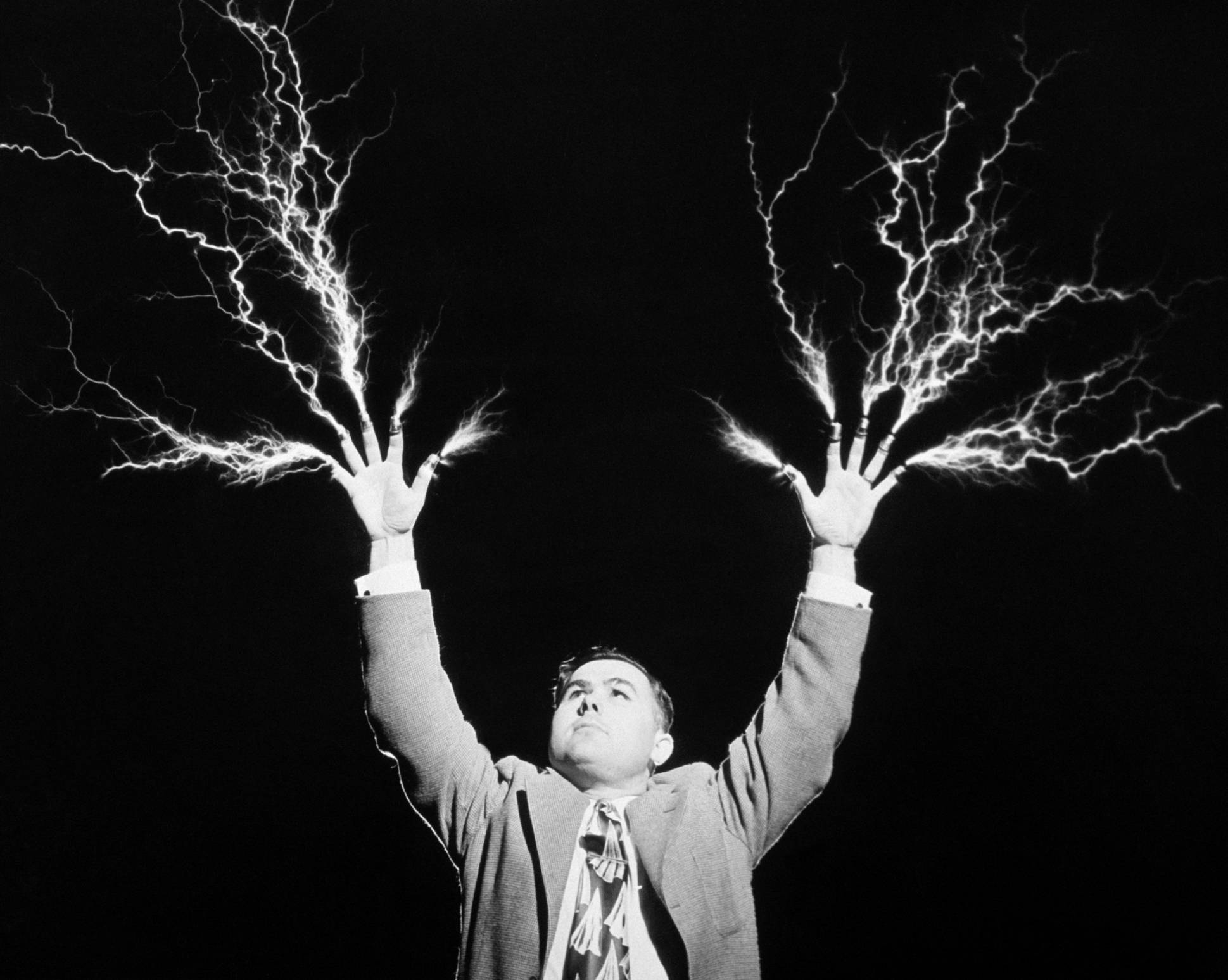Inspired by a recent client question about the need for a new agency model, yesterday in Part I we delved into the changes going on in the world that have been responsible for driving new types of innovation in the agency business. Today, we'll look at some of the innovative things going on out there that impressed me during my recent visits with seven different agencies from Tokyo, Boston and Seattle.
Just What is an "Advertising Agency"?
To be honest, does it make sense to call any of these businesses "advertising agencies" any longer? As a client, would you still go out to the market and seek a partner that calls themselves an "ad agency"? In many ways, advertising is no longer the central reason for engaging with an "agency", is it? The old reason for making advertising central was based on the traditional view that a mass media ad agency was the one who could create your "Brand", but in a sense that was never completely true given the proliferation of direct-to-consumer businesses that abstained from mass media advertising yet still managed to create strong Brands (remember all those cool L.L. Bean ads you saw on TV as a kid? Didn't think so...).
it make sense to call any of these businesses "advertising agencies" any longer? As a client, would you still go out to the market and seek a partner that calls themselves an "ad agency"? In many ways, advertising is no longer the central reason for engaging with an "agency", is it? The old reason for making advertising central was based on the traditional view that a mass media ad agency was the one who could create your "Brand", but in a sense that was never completely true given the proliferation of direct-to-consumer businesses that abstained from mass media advertising yet still managed to create strong Brands (remember all those cool L.L. Bean ads you saw on TV as a kid? Didn't think so...).
In the last ten years, the internet has spawned a revolution in the direct-to-consumer (or end-user) model that has made it easier for clients to see different avenues to developing strong Brands and customer relationships at the same time, rather than thinking these are things that needed to be nurtured separately.
Seven Ways To Leave Your Lubber
Here is a sampling of some of the ways modern agencies break out and remain valuable, relevant and innovative:
- Work From Sales Goals - sounds simple and not very unique, right? But one fast-growing agency we met starts with your very specific sales goals and delivers that number for you on a fixed-fee basis. While I could not elicit the word "guarantee" from the pitch, it's the kind of approach that exudes "confidence". The real beauty of the model? By working backward from your goals it makes them essentially media-agnostic. In other words, they will take whatever media path makes the most sense for your to reach your goals.
- The Windex Treatment - another small agency has by far the most transparent process I've ever seen. From the initial proposal through all execution, clients receive a binder that lays out every step being taken, the workflow documents, technical process, timelines, milestones, etc. that ensure you never have to question any part of the work in terms of schedule, deliverable, etc. Doing that amount of work would personally drive me crazy, but as a client? I would pay a premium for that type of documentation, especially where there is such a heavy mix of technology and creative being deployed together.
- Proprietary Communities - An agency with a crowd-sourcing model sounds on paper as a recipe for amateur production quality and sophomoric chaos, but this agency has created a proprietary, global community of filmmakers, and can use a sophisticated awards model to dial up the quality as needed, or deliver a single campaign into over a dozen different markets and languages at a fraction of the cost of a traditional production model. More than anything else, it is this proprietary asset of this community that brings a new value proposition to a client and makes this agency incredibly relevant.
- Sophisticated Data and Technology Models - There are a number of great examples here. I'll mention just a few:
- "Separation of Nerd and Create" - In recognition of the need for world-class database design and management, agencies have learned to keep a dedicated technology team SEPARATE from the web devs. This is a common misunderstanding in "digital" agencies that usually didn't have a direct marketing culture before they became "digital".
- Mass Customization Tools - how about an e-mail that goes out with 1100 different versions, each of which is automated and built based on the entire variety of customer behaviors and history that are sifted from the clients customer database?
- Social Media Mapping - keeping track of trends via a sophisticated "radar" that allows the agency to keep their client up to speed on what core segments are talking about, purchasing, dissing, etc.
- The New "Full-Service" - this used to be a tired phrase from traditional agencies that worked to keep 95% of their billings in advertising but allowed them to say "Yes, we can do that too". Agencies that do this now have nearly every capability, but focus on managing it more than owning it. These means they build strong collaboration partners to provide services clients need but they do not need to own (i.e. media), and they don't fall for over-simplified trends in new areas (i.e. "social media" needs to prove itself right next to all the other options a client has available to them).
- Artsy Technologists? - Almost in contradiction with bullet #4, I also met a few people who defied traditional silos for talent. While it is not uncommon to see an agency with a stable full of genius creatives and another of digital wunder-geeks, there is a generation of talent coming where these talents reside in the same person. One agency in particular has a knack for making the dullest of technology clients look incredibly relevant and innovative because their people can not only "translate" from that world, but execute against it with unusually smart creative that retains a sense of discipline to the process and products involved.
- Speed - Most of all, I was amazed by the speed now required in this world. With the amount of automation and mass customization available, reaction times are more compressed than ever. Execution, once started, needs an ability to react constantly and quickly to every nuance in the response set coming back from the customers.
It's Why Agencies Still Matter
Ironically, it is the combination of these things - speed, technology, transparency, etc. that raise the bar on the need for quality in execution. Once you are in-market, an advantage is easily squandered without the ability to leverage all of these assets. But doing that well means that good planning and big ideas matter more than ever. In other words, the value proposition of the agency has not changed that much, but an agency's ability to adapt to a new world of execution where much of the old commodity services they provided are no longer needed is now their key to survival. What I saw during my recent visits were a number of great examples where the embrace of new services has developed on top of a strong commitment to being a source of ideas and strategic planning. The effective combination of these elements will be the driver for the evolving agency model in the next 5-10 years. So yes, there is a lot more science than there used to be in this business, but it doesn't change the basic vlaue of working with an agency.
Additional Reading
If you want to see a few additional recent and relevant perspectives on the agency world, here are a few more sources for expert insights:
When a pitch shouldn't be - Will Burns writes in Forbes about what questions to ask before pulling that switch (here).
Advice for Agencies - PEMCO Insurance's CMO Rod Brooks shares nine "tips" from the client perspective (here).
And for the only complete A-Z book on the science of managing agency relationships, "Agency Mania" by a trusted colleague, Bruno Gralpois
Are you an Agency in need of a "Refresh"? Or perhaps a client in need of an Agency (or a better process for working with them)? Fennec Consulting can provide assistance for clients and agencies as a pitch consultant, strategic planner, marketing process analyst or strategic partner developer. Or if you would like a direct intro to one of the agencies you read about here please contact David Dallaire at david@fennec.co




